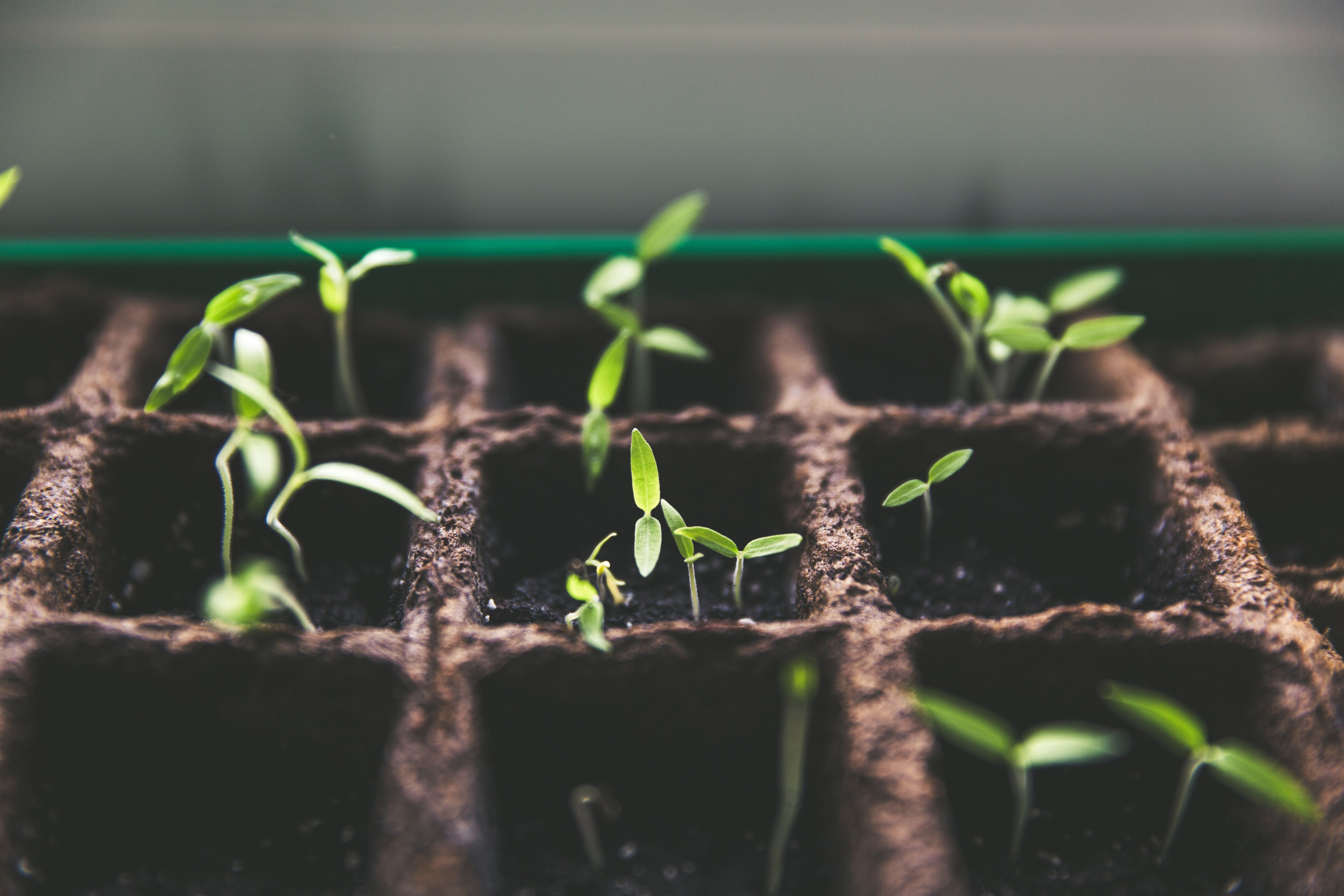Will we see a ‘CRISPR’ EU?
The European Court of Justice (ECJ) has ruled that gene-edited crops brought about by CRISPR technology should be subjected to the same regulation as genetically modified organisms (GMOs). Opponents of GMOs are likely celebrating the news, but scientists and plant breeders fear this setback could halt progression, increase food prices and further stigmatise genetically altered crops.
The ruling focuses on a new interpretation of current laws regarding mutagenesis. With GMOs, it is easy to think of interspecies hybrids brought about by transgenic techniques. Mutagenesis instead makes alterations using only a species’ own DNA. Spontaneous mutations in nature come under this banner but so do those achieved experimentally. Older methods relied on randomness, radiation and chemicals but since 2013, CRISPR-Cas9 technology has allowed for more targeted and efficient alterations.
Scientists and plant breeders fear this setback could halt progression, increase food prices and further stigmatize genetically altered crops
Farmers have been engaging in genetic modification for millennia. The oldest being promoting desired traits like increased yield or better taste by selectively breeding the plants that possessed them. Traits are the physical interpretation of genes, so after thousands of years, those responsible became more prevalent in the species. Modern approaches include pumping radiation and chemical mutagens into organisms and hoping for a good result.
It wasn’t until CRISPR-Cas9 was discovered that improvements were made upon these haphazard processes. A technology adapted from natural mechanisms present in bacteria, CRISPR-Cas9 stands for clustered regularly interspaced short palindromic repeats and CRISPR-associated protein 9. Viruses known as bacteriophages attack bacteria by inserting their genetic code into them. If the virus is new, the bacteria will likely lose but survivors have a trick to help them in future battles.
A technology adapted from natural mechanisms present in bacteria, CRISPR-Cas9 stands for clustered regularly interspaced short palindromic repeats and CRISPR-associated protein 9
Successful bacteria keep a part of the virus DNA in their own code, in an archive called CRISPR. If the virus returns, an RNA copy is made from the archive and is loaded into the Cas 9 protein. Then, like a child with blocks and a shape sorter, Cas9 scans the entire DNA sequence looking for a perfect fit. When Cas9 finds a 100% match it is activated and cuts out the virus with expert precision.
Scientists discovered this system can be programmed to search for any DNA sequence and can work in every type of cell, even those in plants and animals. Furthermore, the Cas9 protein can be altered to not only take away material but replace it with a predetermined new one.
Like a child with blocks and a shape sorter, Cas9 scans the entire DNA sequence looking for a perfect fit
In just five years, CRISPR has helped crops combat disease, increased their shelf-life and lengthened their growing seasons. With time, scientists believe greater benefits could be found, however, Europe may no longer be the place to find them.
Regulation can help keep people safe. With transgenic GMOs, it is important that unintended side effects do not wreak havoc on unsuspecting consumers or the environment. The 30-year track record for GMOs may be great, evidence showing that GM crops are as safe as their non-GM counterparts, but this does not prevent future accidents occurring.
Scientists believe greater benefits could be found, however, Europe may no longer be the place to find them
Scientists are however disheartened by the new ECJ ruling as given enough time, the changes brought about by mutagenesis could occur naturally or through centuries-old farming techniques and be subject to looser restrictions. The ruling is seen as furthering the impression that scientists are dangerous, in need of reining in.
With greater hurdles to jump, investment will likely lessen and so too would development necessary to curb a potential global food crisis. CRISPR could alter the plant’s ability to grow in unfarmable environments or increase the yield and nutritional value of crops in the farmland we already have.
The ruling is seen as furthering the impression that scientists are dangerous, in need of reining in
There is one silver lining, irradiation and chemical techniques are exempt from the legislation as they have a proven safety record, given time to prove itself CRISPR could flourish in Europe once more.

Comments (1)
Typo – should be ‘reining’ not ‘reign’ like a monarch